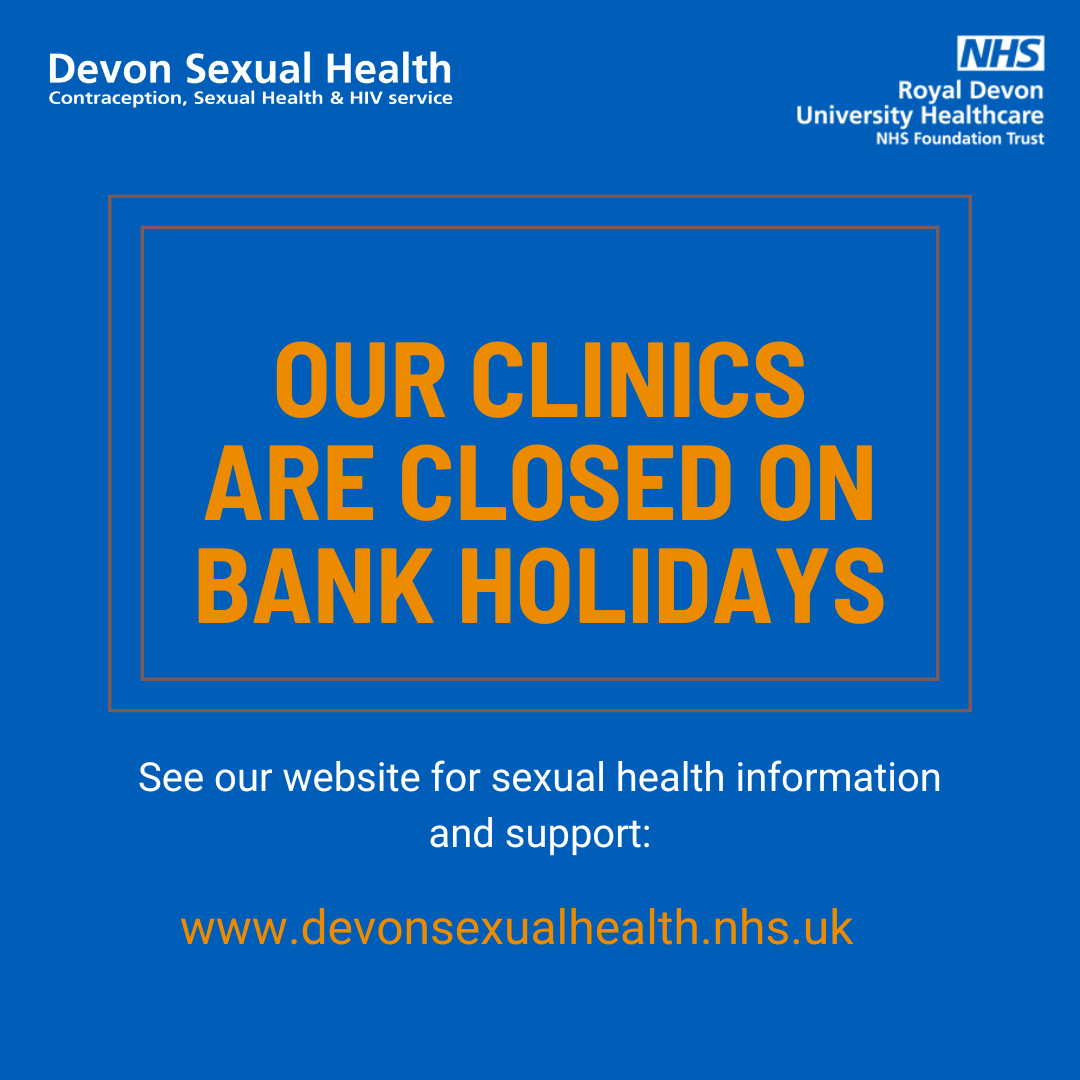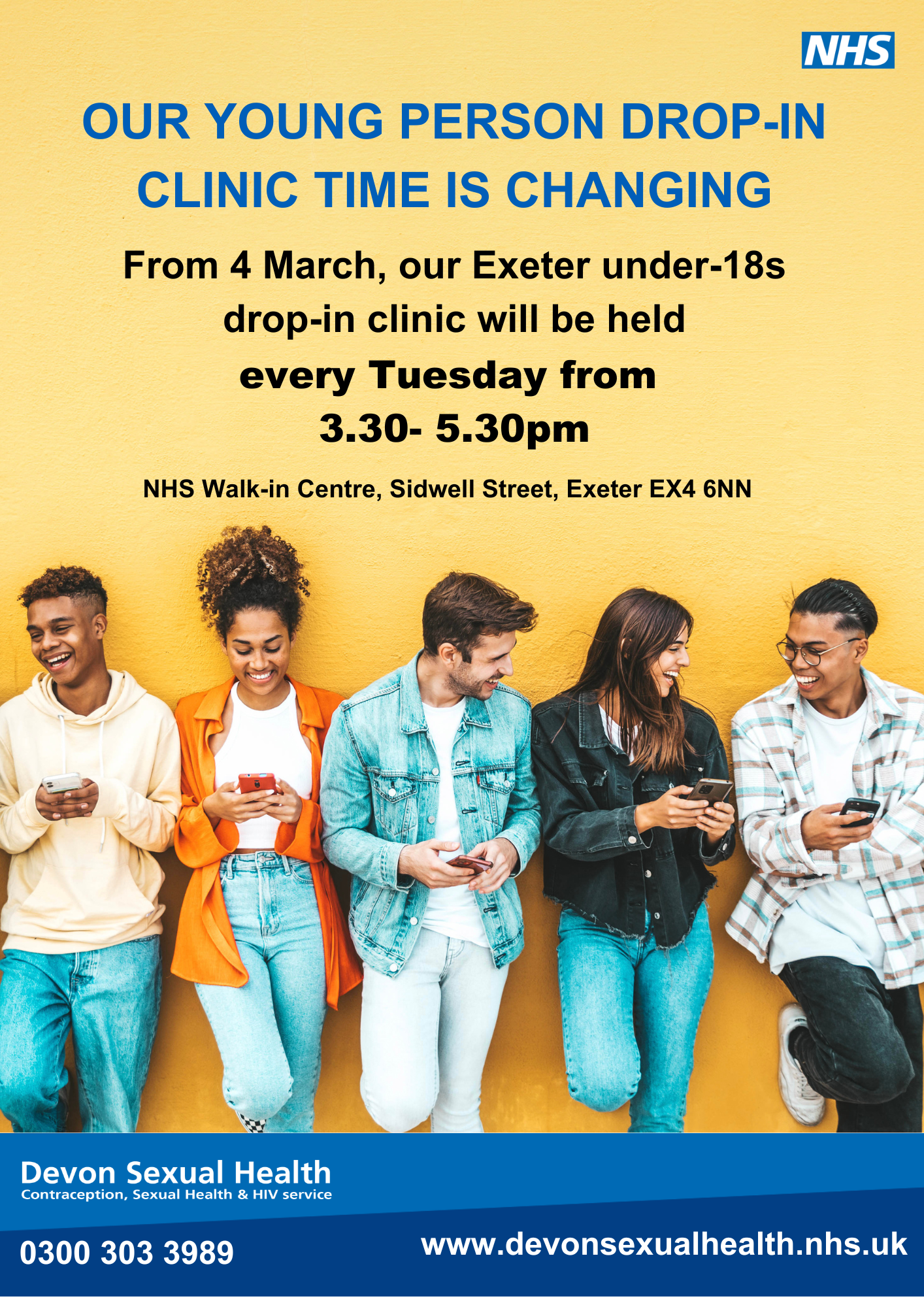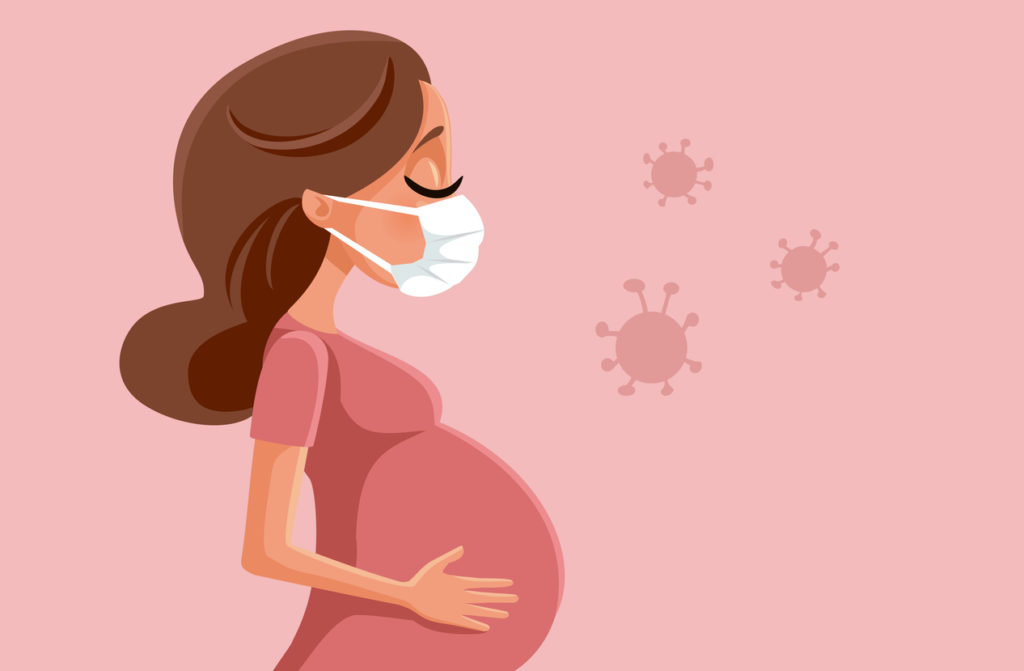Thinking of trying for a baby during COVID?
posted by: Jonathan Shaw
Many people are currently considering planning for a pregnancy, but are unsure what the risks are. We can share what we know so far.
What are the risks associated with Covid-19 in pregnancy?
Unfortunately little is known about Covid-19 in pregnancy. The Royal College of Obstetricians and Gynaecologists currently advises (on 22/05/20) that pregnant women appear to be no more likely than everyone else to catch COVID.
Pregnancy does alter how the body reacts to infections. So far we have seen that most pregnant women with Covid-19 are expected to have mild symptoms (or none). However a small number (particularly those in the last 3 months of pregnancy) may have more severe symptoms with Covid-19.
Current expert opinion, based on experience with other coronaviruses as well as limited experience with Covid-19, is that your baby is unlikely to be infected with Covid-19 whilst in the womb. There also is not likely to be an increased risk of miscarriage or damage to the baby if you catch COVID, although the risk of early (premature) delivery is not known.
So what is the current advice?
At present anybody who is pregnant, particularly those over 6 months pregnant, are advised that social distancing is especially important. However it is also essential to attend routine antenatal appointments.
Please call your midwife if you are pregnant and worried about going in to your clinic appointments. They can talk you through how the clinics are keeping people as safe as possible.
Are you thinking of stopping contraception to plan a pregnancy at this time?
Covid-19 is likely to remain a problem for many months. Very little is known for certain at this time about the risks associated with Covid-19 for pregnant women and their babies. We are learning all the time and advice for pregnant women could change frequently.
It remains important (as always) to be as healthy as possible before and during pregnancy including stopping smoking and for your doctor to look at your medicines to see if they will affect pregnancy. It is also important to take folic acid before you stop contraception to try for a baby. More advice can be found here.
To have an implant or a coil removed you’ll need to come to clinic to see a trained healthcare professional. You should consider your risk of coming into contact with Covid-19 at this time. At the time of writing, non-essential contact between healthcare professionals and patients should be avoided to maintain social distancing. We would recommend contacting our triage line if you want to discuss this.
How long until its safe to try?
The Faculty of Sexual and Reproductive Healthcare (FSRH) suggests that this may not be the best time to plan for a pregnancy. There is still not enough known about the effects of Covid-19 infection on a pregnancy. Also if you are pregnant you will have more contact with healthcare workers but this may increase your risk of catching Covid-19.
Please keep an eye on our website and on your news channels for more updates as we learn more about Covid-19.

Get set for summer!
Heading to a festival this summer? Have safer festival fun by signing up for the Eddystone Trust free condoms for […]

Bank Holiday information
All Devon Sexual Health clinics will be closed on Monday 27th May for the Bank Holiday. When our clinics are […]

#StopItNow campaign returns this March
The Stop It Now campaign is aimed at deterring online child sexual abuse. The campaign is a project of the […]

New time for Exeter Young Person clinic.
From 4 March, the Young Person drop-in clinic at Devon Sexual Health will be held every Tuesday from 3.30pm – […]

